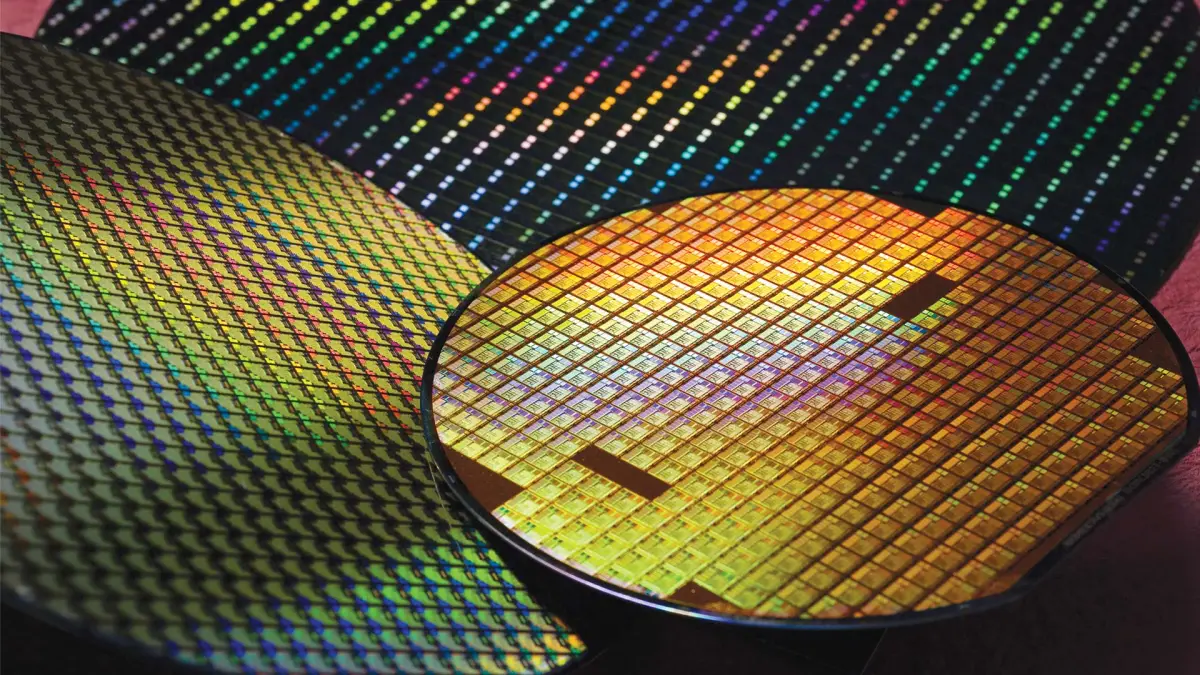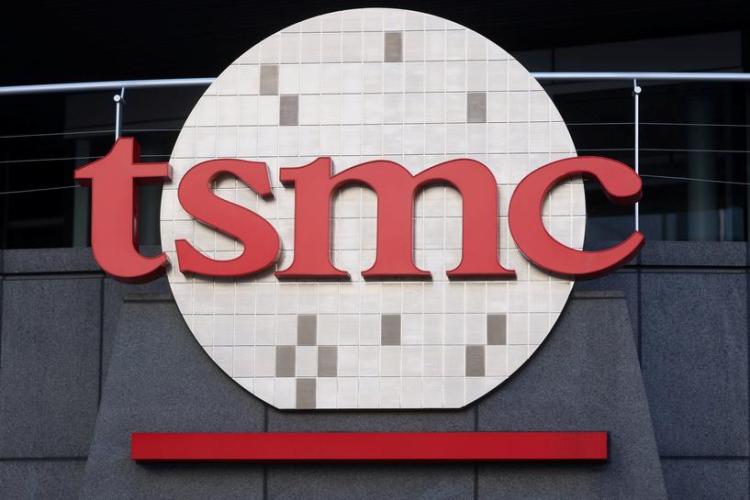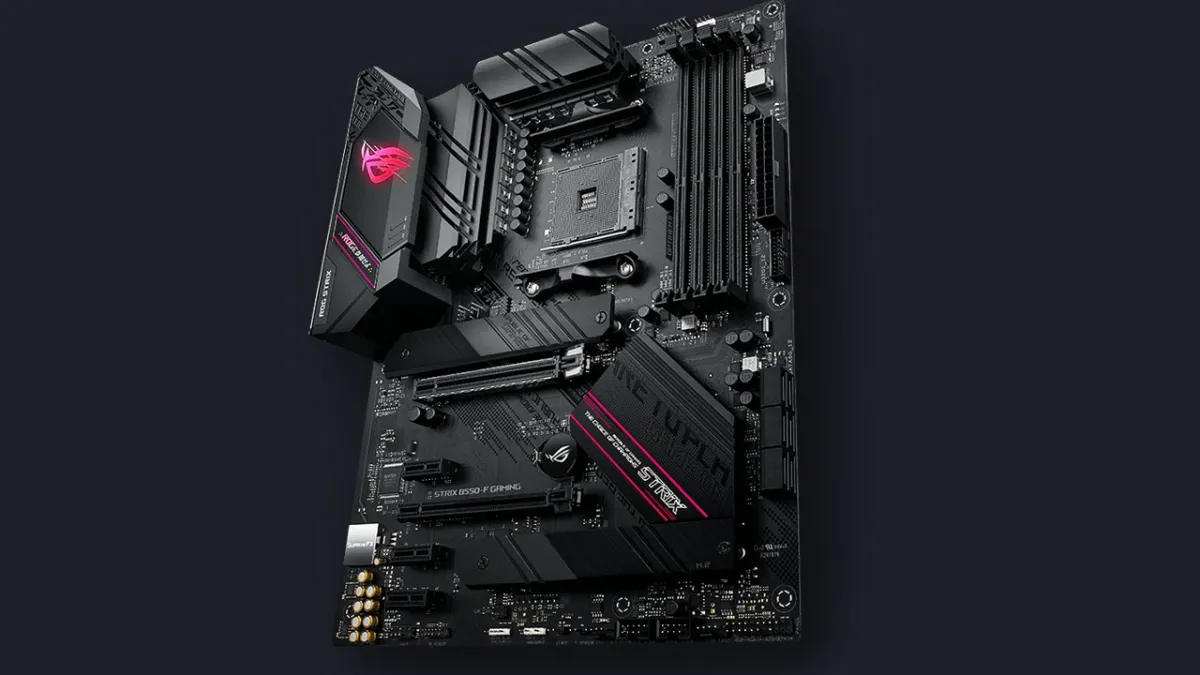The ongoing chip shortage is pretty common knowledge at this point, even for those that don’t frequent the tech spaces. It’s a complicated situation to be sure, but there are apparently some factors at the root of the matter that are causing more problems than necessary. The most recently identified problem has to do with companies stockpiling more chips than actually needed, out of fear of lacking inventory and missing out on future profits.
During normal times without complications of chip shortages, this could be considered an acceptable and even standard practice to some extent. But it’s causing significant problems for some of TSMC’s clients right now, and the chairman is not happy.
For context, TSMC is the leading manufacturer of advanced silicon wafers and chips. It takes the designs from clients like AMD, Intel, and Nvidia and handles the complex processes for turning them into actual products. In a sense, TSMC foundries serve as the birthplace for many advanced chips.
A stop to stockpiling
In a recent interview with Time magazine, TSMC Chairman Mark Liu talked about discovering the stockpiling issue and what the company is doing to prevent it. Liu noted that TSMC first became aware that more chips were being sent to factories than were leaving said factories in products. He then “ordered his team to triangulate different data points to decipher which customers were truly in need and which were stockpiling.” While no specific companies were named, it seems TSMC has successfully determined where some of the stockpiling was occurring and has taken steps to address it.
Liu discussed how it was a difficult decision, but TSMC had to delay orders for certain “valued” clients in order to address the more dire needs of others. “Sometimes [customers] may not be satisfied, but we just have to do what’s best for the industry,” Liu said. “We are learning too, because we didn’t have to do this before.”
While we can’t say if this development will help with products used for gaming, such as graphics cards, CPUs, and APUs, taking steps to prevent excessive stockpiling should help the industry as a whole.
We’ve already seen availability stabilize for product families like the Ryzen 5000 Series, but the same cannot be said for console APUs and GPUs, all of which TSMC also produces. Likewise, more exciting new tech is sure to launch before the chip shortage is fully over, as that isn’t expected to happen until late 2022 or 2023, and we certainly don’t want to keep hearing about shortages for multiple generations of computer hardware.





